Responsibility at the international level
Germany bears responsibility in a large number of organisations and alliances. Here is an overview.
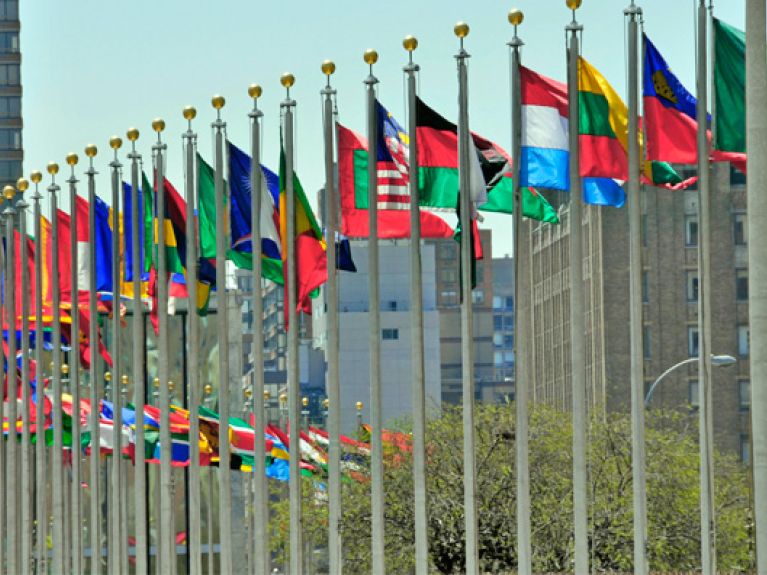
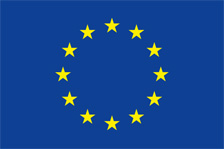
European Union
Germany was one of the six founding members of the present-day EU in 1957. The EU and its organs, such as the European Commission, European Parliament and Council of the European Union, are among Germany’s most important partners.
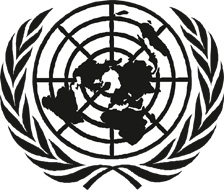
United Nations
Germany has been a committed member of the United Nations (UN) since 1973. It is the third-largest contributor (as at 2015) and renders a considerable financial contribution to all UN-led peace missions.
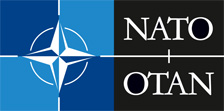
North Atlantic Treaty Organization
The North Atlantic Treaty Organization was founded in 1949. It currently has 28 member states; Germany has been a reliable NATO partner since 1955. The German Armed Forces participated in the NATO-led campaign in Kosovo and in the ISAF operation in Afghanistan. NATO is headquartered in the Belgian capital, Brussels.

Organization for Security and Co-operation in Europe
With its 57 participating states in Europe, North America and Central Asia, the Organization for Security and Co-operation in Europe (OSCE) is a key forum for dialogue and confidence-building. The OSCE works to prevent and overcome conflicts. In 2016 Germany holds chairmanship of the OSCE, which is based in Vienna.
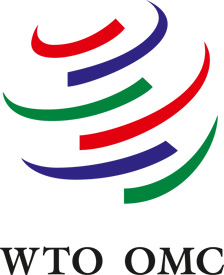
World Trade Organization
The World Trade Organization (WTO), founded in 1995, deals with the implementation of international agreements and is a forum for negotiations on the liberalization of global trade. Here Germany works for the better integration of developing countries. The WTO is headquartered in Geneva.
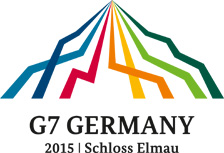
G7
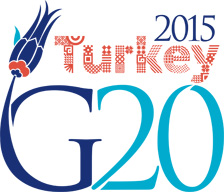
G20
Since 2009 the “Group of Twenty” (G20) has been the central forum for global economic cooperation. This is where the major industrial and emerging nations coordinate economic and finance-policy measures. The G20 has 19 member states plus the EU. They represent more than 80 percent of the world gross domestic product.
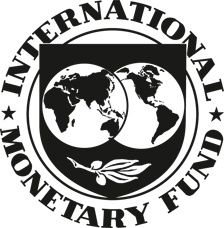
International Monetary Fund
The core task of the International Monetary Fund (IMF) based in Washington, D.C. is to promote the macroeconomic stability of its currently 188 member states. As one of the most important shareholders of the IMF, Germany is significantly involved in its activities.

